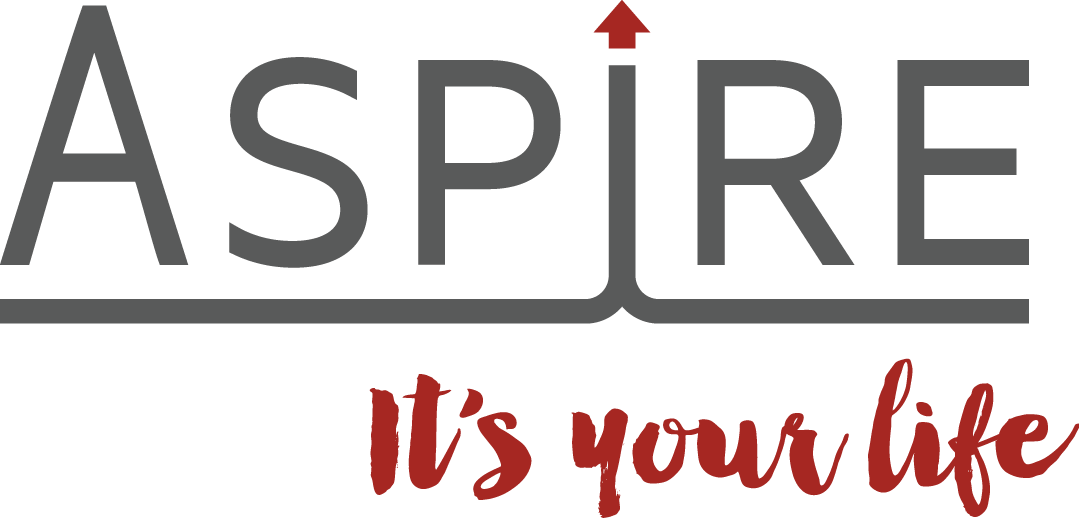Planning to retire
Before you retire
If you're planning to retire, you need to consider:
your age including if you have reached your preservation age
when you can access your super
how much tax you will pay on amounts you receive
if good leaver conditions apply if you are part of an Employee Share Scheme
if the retirement capital gains tax concession applies, if you sell your small business.
Special rules apply if you receive an employment termination payment, genuine redundancy payment or payments from an approved early retirement scheme.
If you're leaving your job for other reasons, such as termination, change of industry or leaving Australia the tax on payments you receive may be different.
Payments leading into retirement
If you receive a lump sum payments from your employer for unused annual or long service leave, you may pay tax on it at a lower rate than your other income. Your employer will report any lump sum payments at either 'Lump sum A' or 'Lump sum B' on your income statement or payment summary. You will need these details when you prepare your tax return.
A redundancy payment is a payment made to you when you are dismissed. This usually occurs because the job you have been doing has been abolished. Payments under redundancy are tax-free to a limit depending on the number of years you worked for that employer.
Your employer may offer staff an early retirement scheme to encourage certain groups of employees to retire early or resign. You may pay less tax on payments you receive under an early retirement scheme.
After you retire
Once you retire, you can access a number of tax offsets, such as:
Seniors and pensioners tax offset
Superannuation income stream tax offset
If you have income from an Australian superannuation income stream, you may be able to claim a tax offset if you're:
receiving a disability superannuation benefit
receiving a death benefit income stream
60 or over.
Employee share schemes
If you are a member of an employee share scheme (ESS), you need to consider the 'good leaver' conditions. Good leaver conditions in an ESS may allow employees to retain ESS interests if they cease employment to retire from the workforce permanently during the forfeiture period.
Whether ESS interests acquired under an ESS with good leaver conditions are at a real risk of forfeiture will depend on the facts and circumstances. This includes how the ESS operates and the employee's personal circumstances.
CGT retirement exemption for small business
If you are selling your small business assets, the capital gains tax retirement concession may apply. The retirement concession can exempt a capital gain on a business asset, up to a lifetime retirement exemption limit of $500,000. This concession allows you to provide for your retirement.
If you choose the retirement exemption, there is no requirement to terminate any activity or cease business.
If you are under 55 years old just before you choose to use the retirement exemption, you must make a personal contribution equal to the exempt amount to a complying superannuation fund or a retirement savings account.
Source: ato.gov.au
Reproduced with the permission of the Australian Tax Office. This article was originally published on https://www.ato.gov.au/Individuals/Jobs-and-employment-types/Working-as-an-employee/Leaving-the-workforce/Planning-to-retire/.Important:This provides general information and hasn’t taken your circumstances into account. It’s important to consider your particular circumstances before deciding what’s right for you. Although the information is from sources considered reliable, we do not guarantee that it is accurate or complete. You should not rely upon it and should seek qualified advice before making any investment decision. Except where liability under any statute cannot be excluded, we do not accept any liability (whether under contract, tort or otherwise) for any resulting loss or damage of the reader or any other person. Any information provided by the author detailed above is separate and external to our business and our Licensee. Neither our business nor our Licensee takes any responsibility for any action or any service provided by the author. Any links have been provided with permission for information purposes only and will take you to external websites, which are not connected to our company in any way. Note: Our company does not endorse and is not responsible for the accuracy of the contents/information contained within the linked site(s) accessible from this page.


